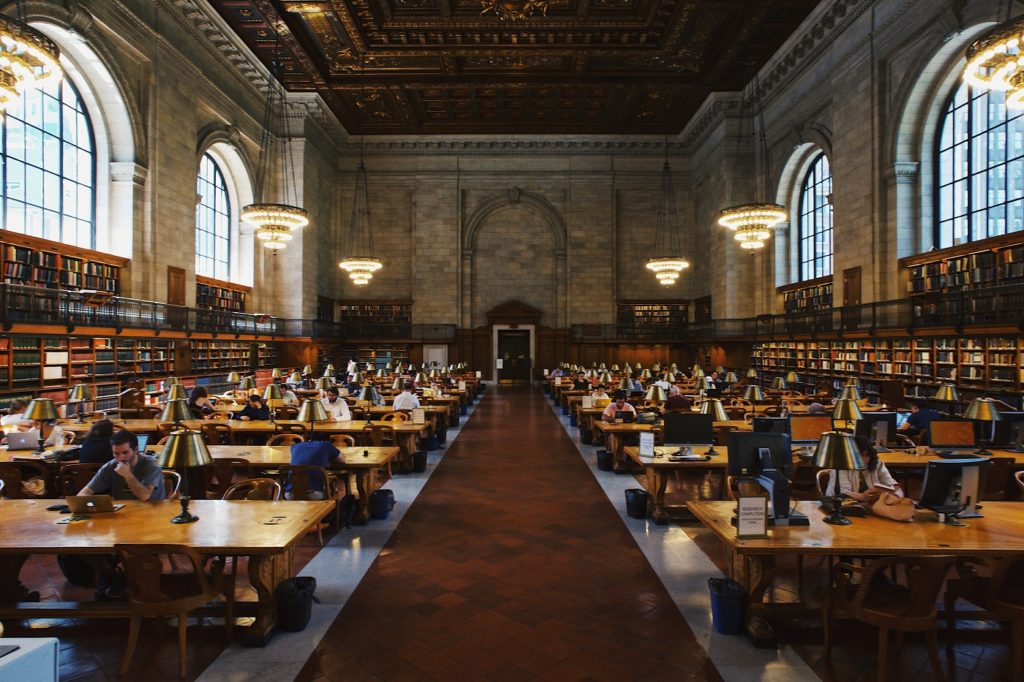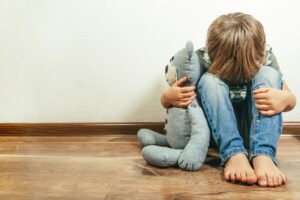As Americans head back to school—or try homeschooling for the first time—it is worth recalling several Public Discourse essays on the nature and purpose of education, along with advice for all of those engaged in this important vocation.
Last year, PD ran a week-long symposium offering advice to students and teachers. Matt Franck wrote to undergraduates on how to make the most of their four years at college. He focused on the importance of “learning to discriminate the good prejudices one carries about from the bad ones—to keep the former, as confirmed by knowledge, and discard the latter, as condemned by knowledge.” Mark Regnerus offered advice to graduate students, urging them to not forget to actually live: “Don’t delay your life. Don’t wait until you get a job, then tenure, to do the normal things that make life sweet, like marrying and having children.” Rick Garnet argued that law students should not “be content with shallow conceptions of law. Instead, they should look deeper, asking questions about the nature and destiny of the human person, and the connection between our human nature and the legal enterprise.” Margaret Chisholm urged medical students to think about the true purpose of medicine: “I encourage you to ‘start with the end in mind’ by studying the Hippocratic Oath. The oath articulates the true aim of medicine, guiding physicians to provide treatments that align with the purpose of medicine and so are right for a doctor to do, and to refuse to provide treatments that go against this purpose and are wrong for a doctor to do.” And finally Maura Shea encouraged teachers to grow in their vocations: “New teachers need concrete examples from their teaching communities to help them manage their classrooms well and begin building experience and expertise. Returning teachers need opportunities for discussion within their communities to help them reflect on the experience and expertise they have already gained.” These five essays from last year repay revisiting as this new school year commences.
So do several essays from earlier this year exploring what COVID means for education. Josh Pauling focused on primary education in his essay on “Homecoming, Homeschooling, and the Home Economy.” In his view, “A family-centered life with the home as the engine of education and economics orders one’s vocations and roles in ways that build lasting familial bonds and provide stability amid a changing world. COVID-19 quarantining provides an opportunity for this reality to sink in.” Meanwhile, Carson Holloway and Glenn Moots each focused on higher education and the limits of online learning: Holloway with “Social, Political Animals: Embodied Learning and the Limits of Online Education” and Moots with “The End of Campus Education? Virtually Impossible.” That said, we shouldn’t discount the real possibilities that technology could offer to people who can’t be physically present in the classroom on a set schedule. Eileen Reuter, in “Learning the Right Lessons from COVID-19 Can Benefit Mothers after the Pandemic,” points out how the shift to using Zoom and other technologies could help mothers pursuing advanced degrees.
Want more advice on the vocation of education? Consider re-reading Anna Moreland and Thomas Smith’s essay “Humanistic Education for Today’s Students,” Matt Milliner’s “Medieval Wisdom for Modern Universities,” Margarita Mooney’s “Fighting the Burnout Culture: How Personalist Philosophers and Benedictine Monks Can Help Stressed-Out College Students,” Eva Haine’s “Educating the Educated: The Why and How of Liberal Education for Adults,” and Gabby Girgis’s “A Lesson for Aspiring Academics: On Alice von Hildebrand’s Happy Failure.”
Start your day with Public Discourse
Sign up and get our daily essays sent straight to your inbox.And if you dig deep into the PD archives, you’ll find many essays exploring the meaning and purpose of higher education. I highlight here two from our very first year of publishing. We were fortunate to publish an adaptation of Hadley Arkes’s 2009 Commencement Address at Hillsdale College, titled “Higher Education and the Political Regime.” Arkes argues that:
All education is moral education, because it carries an understanding of the things worth knowing—and a hierarchy of the things more or less worthy of being known. Moral education must also point to a certain end: an understanding of the ways of life that are better or worse for human beings. It must point to a certain kind of political regime in providing the cast of our lives: the laws that protect the integrity of families and the professions, and the terms of principle on which a decent people deserve to live.
Also in 2009, we were fortunate to publish Daniel Robinson’s reflections, based on a lecture he delivered for the James Madison Program at Princeton University, on “What Makes Higher Education ‘Higher?’” Robinson argues that:
It is a higher education that pulls us up out of the distractions of the moment and allows us to see further, to see more clearly where we’ve been, what we’ve done, who we are, who we might become. Higher education exposes to a bright light all forms of counterfeit: ingratiating talk as the counterfeit of teaching; rote learning as the counterfeit of thought; mere opinion as the counterfeit of judgment; enthusiasm as the counterfeit of principle.
To round-out this collection, consider re-reading four other PD essays: “Love, Liberal Education, and the Secret of Human Identity” by Anthony Esolen, “Universities and the Dangers of Docility,” by RJ Snell, “Community, Contemplation, and Computers: The Role of Technology in Education,” by Elise Italiano, and “Newman and the Idea of the University, 2.0,” by James Patterson. All of these essays will inspire and instruct as we launch yet another academic year.










